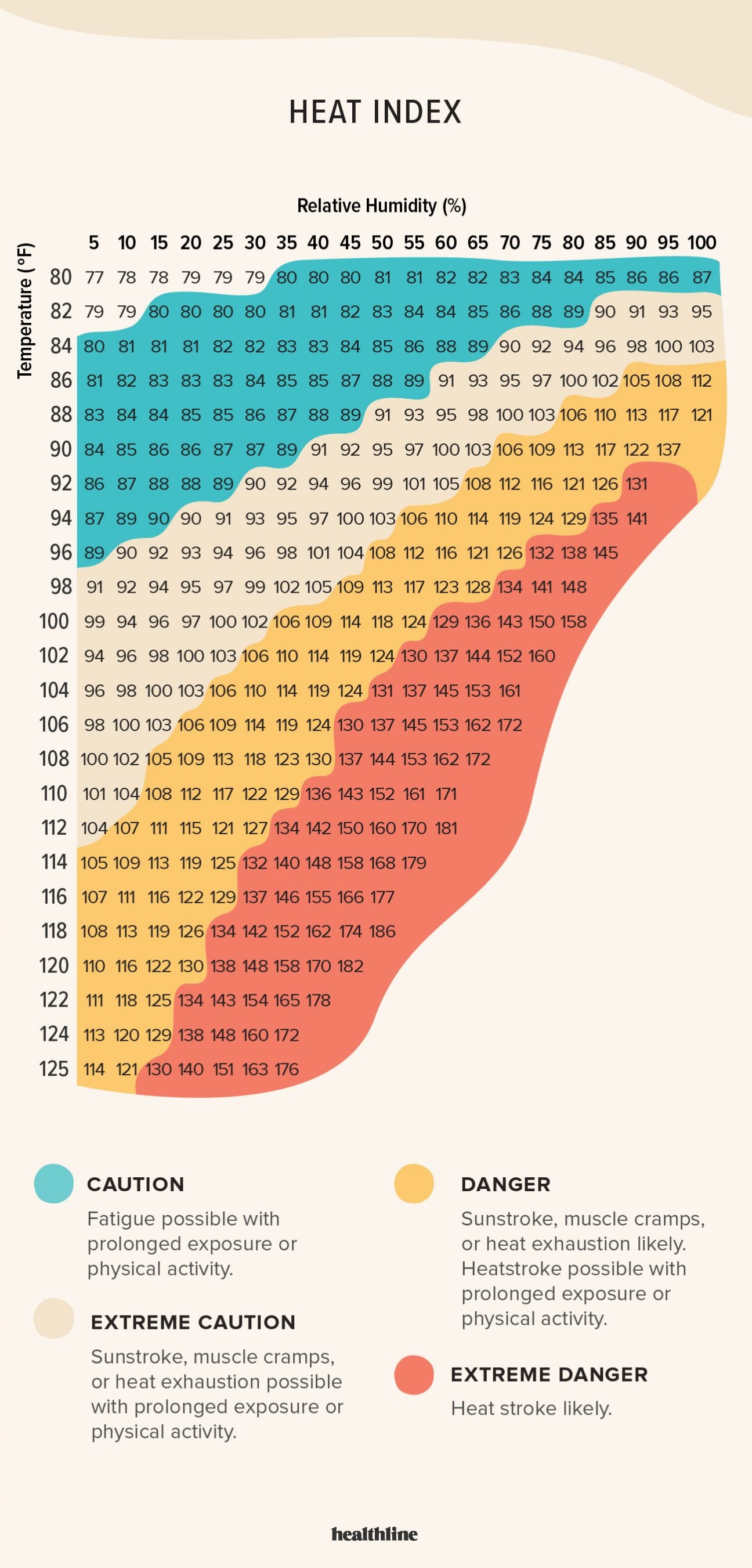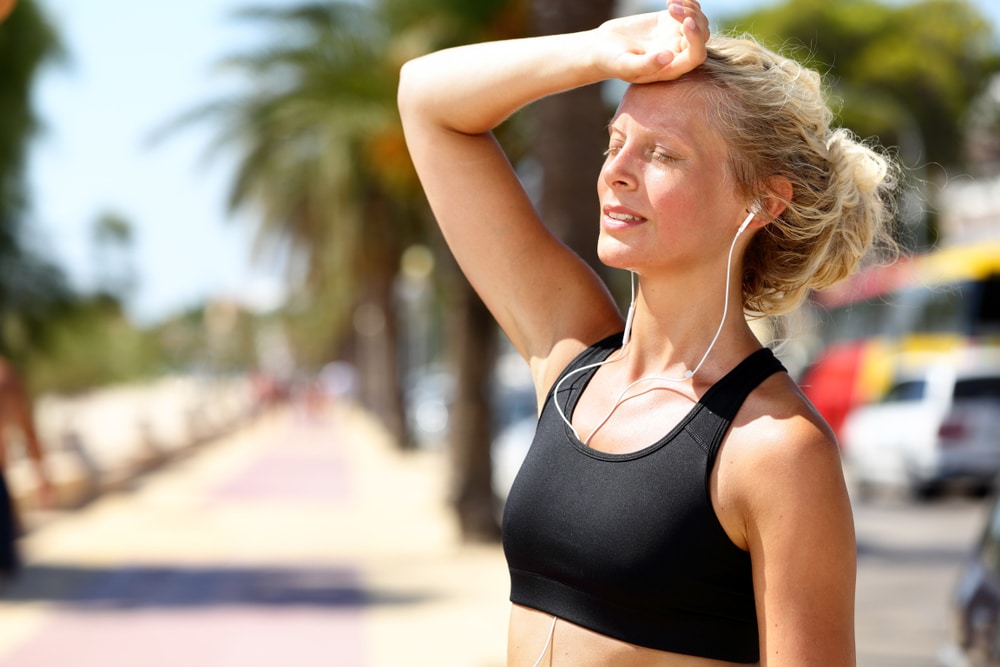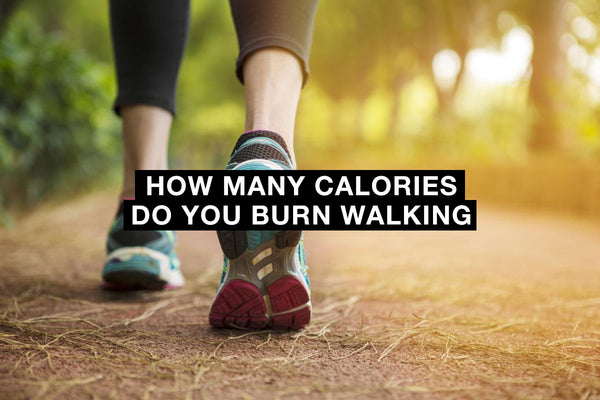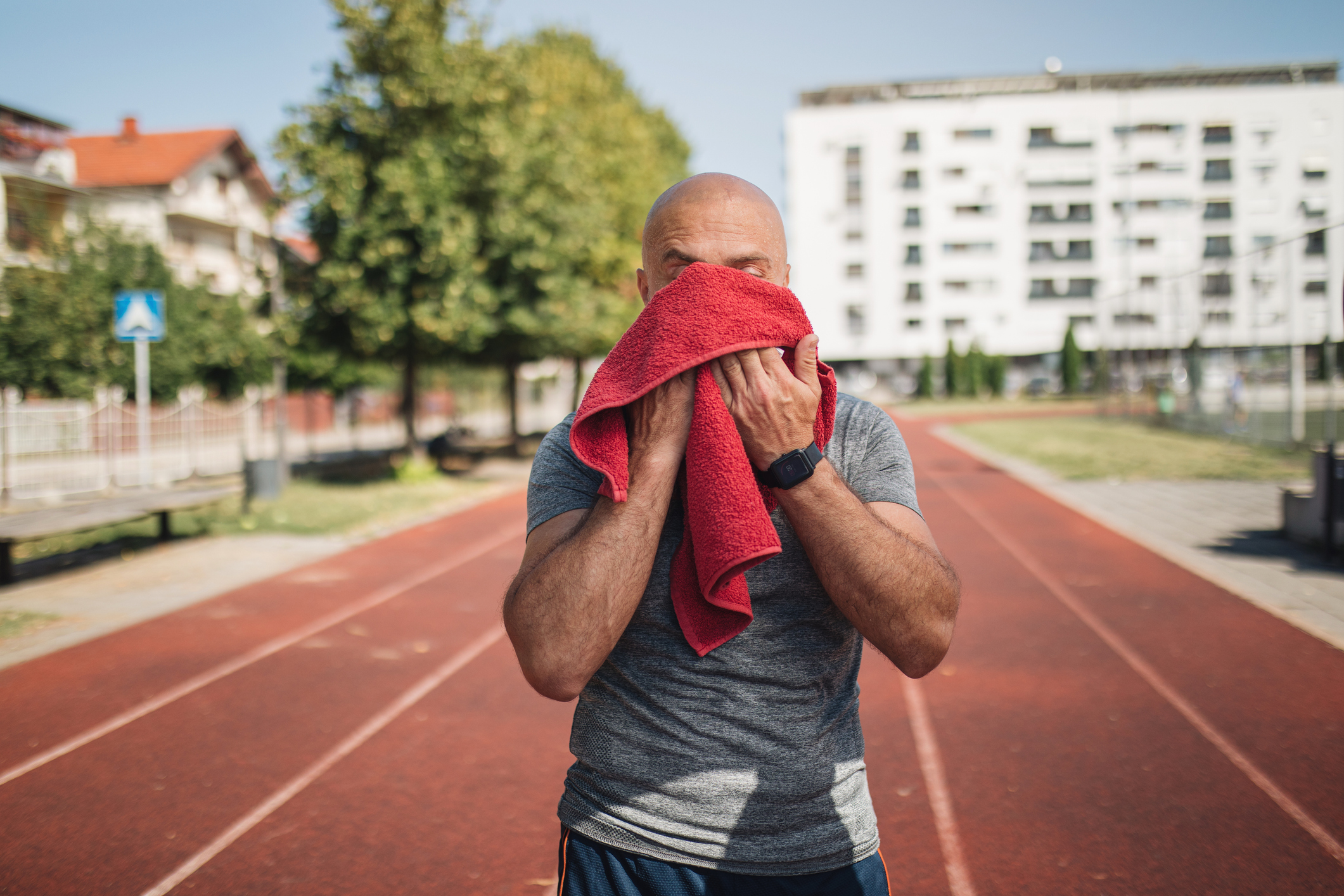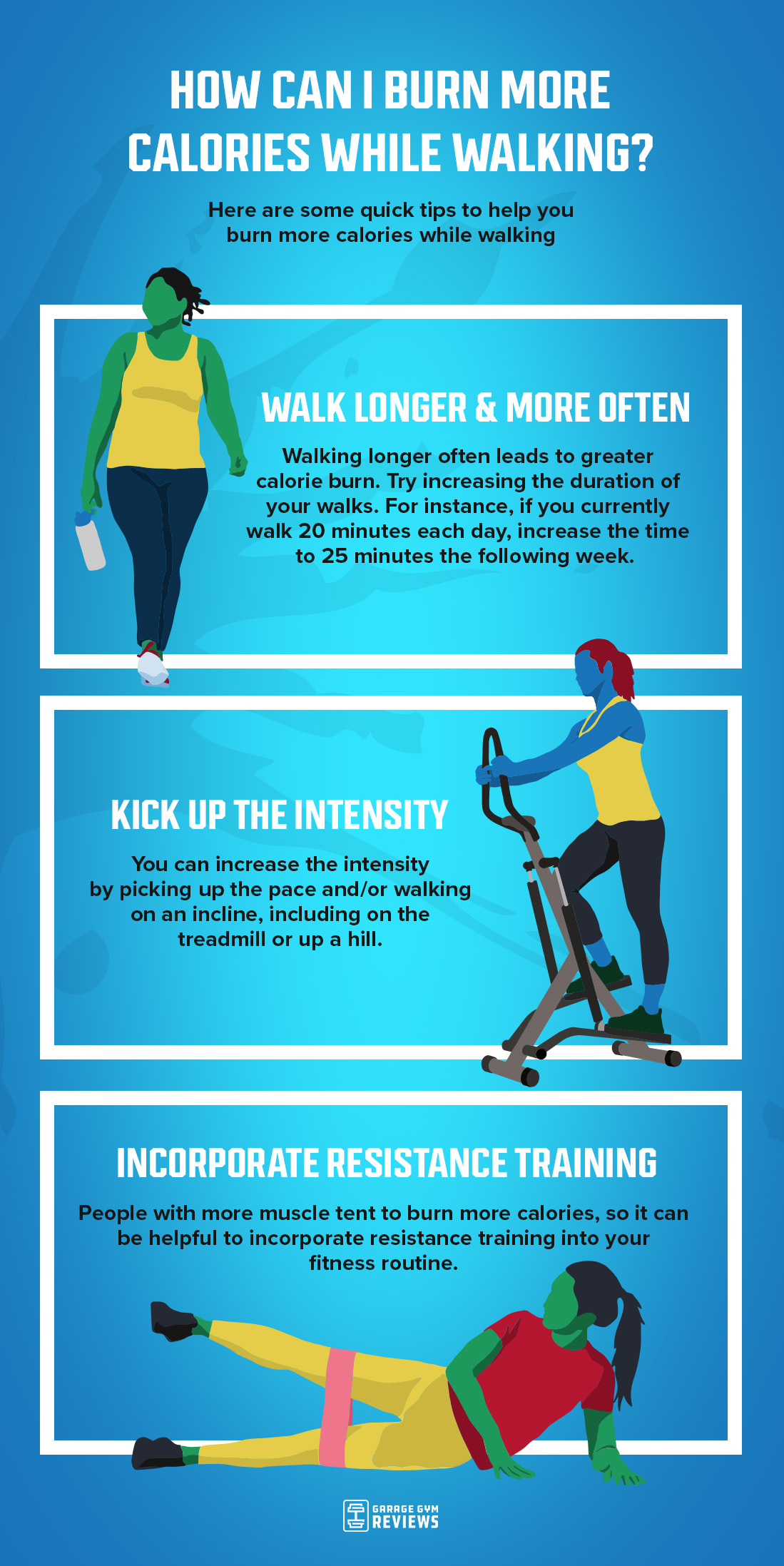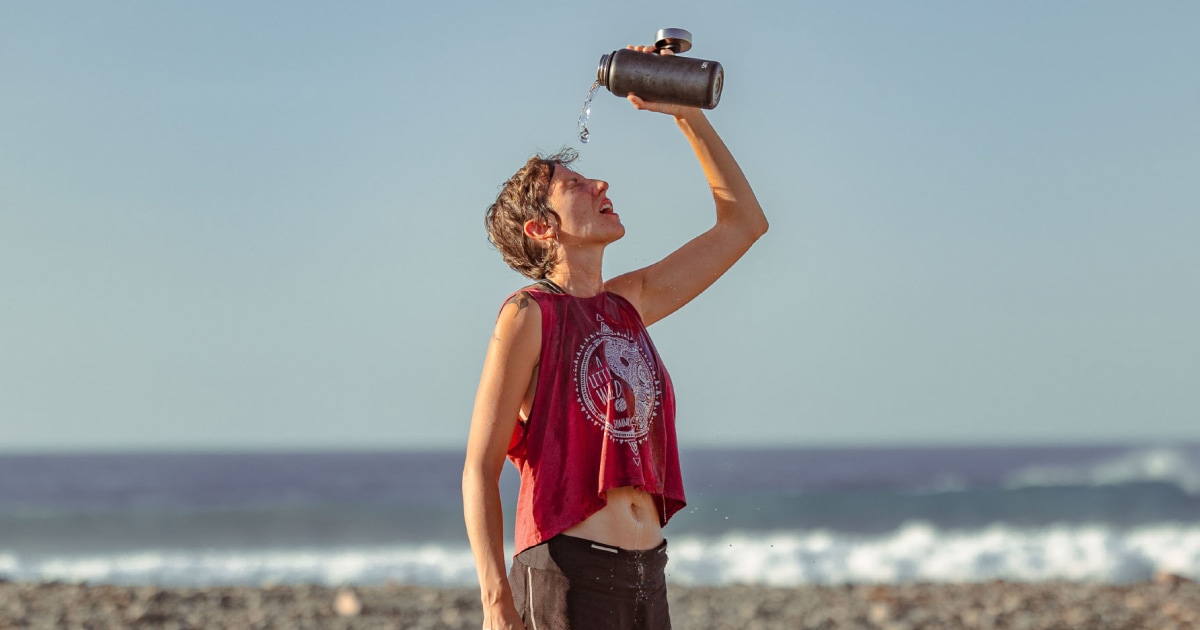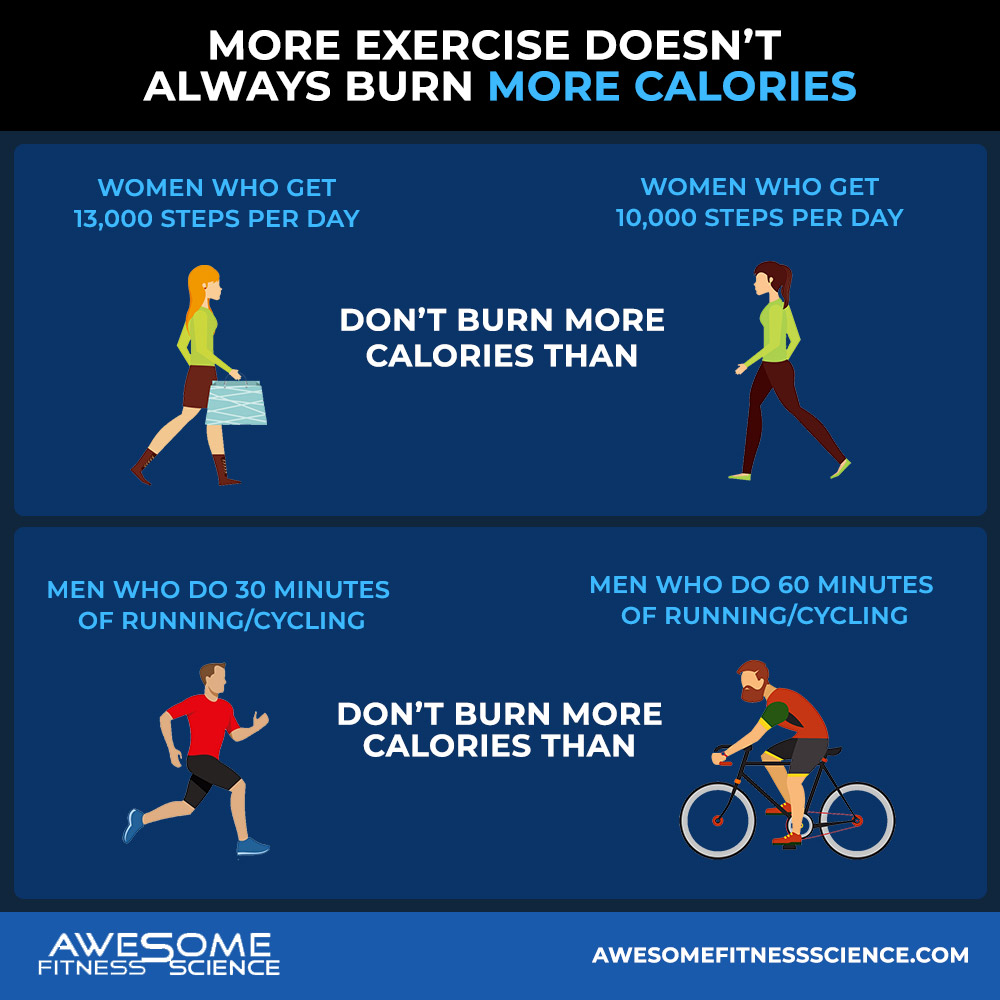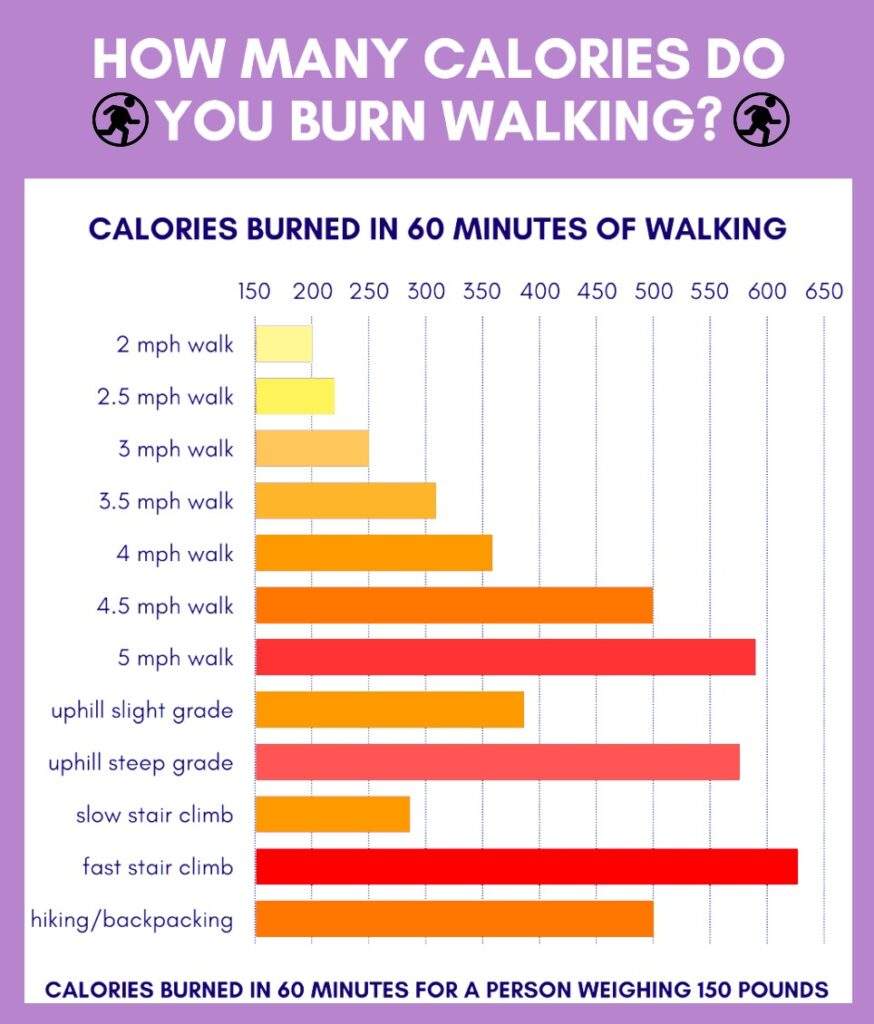Do You Burn More Calories Walking In The Heat
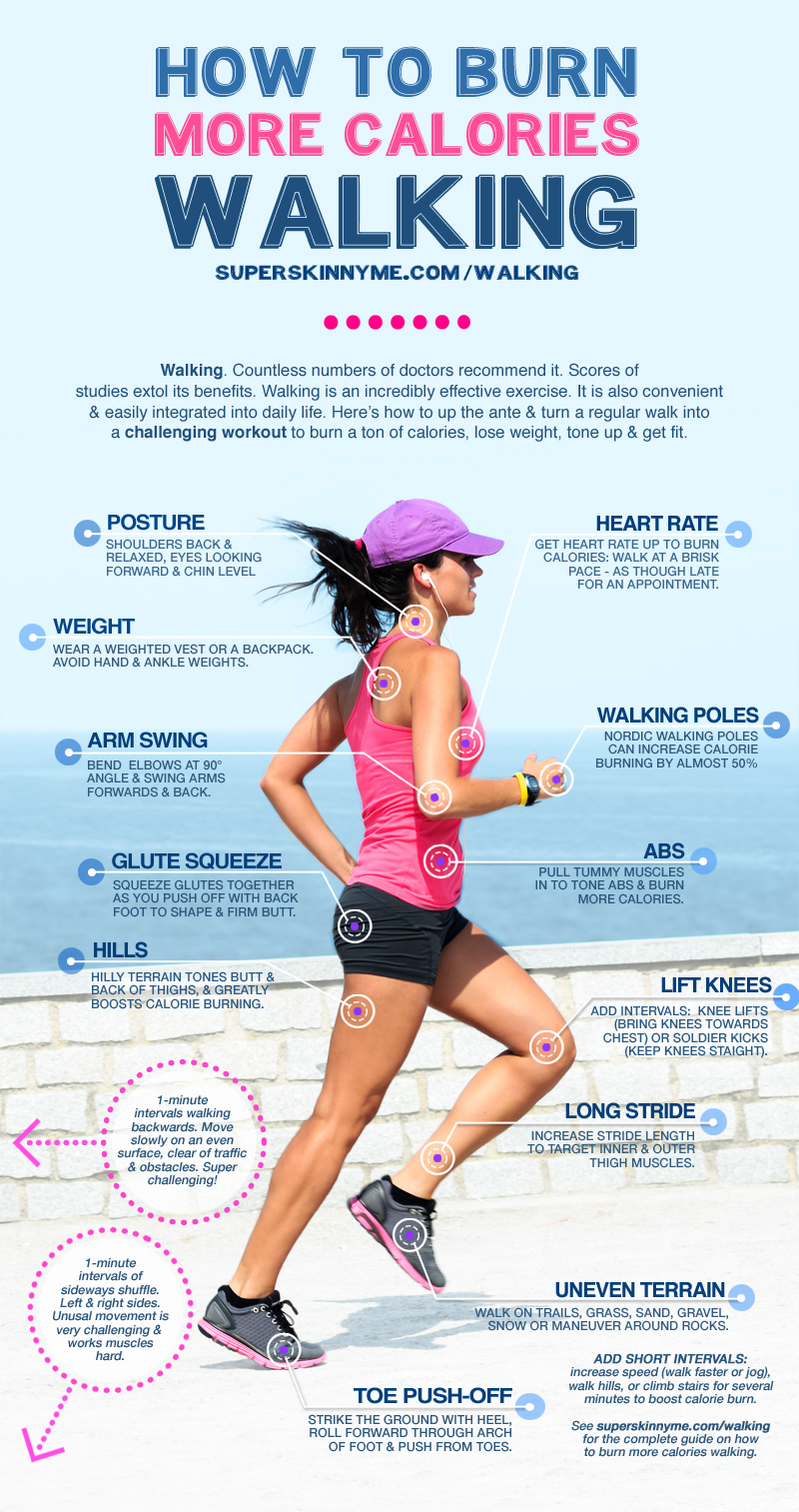
As summer temperatures soar, many fitness enthusiasts and casual walkers alike wonder: does the heat ramp up calorie burn during a walk? The answer, while not a simple yes or no, involves a complex interplay of physiological responses.
The Core Question: Heat and Calorie Expenditure
The fundamental question centers on whether the body expends more energy – and thus burns more calories – when walking in hot weather compared to cooler conditions. Research indicates that while there might be a slight increase, it's not as significant as some might believe. The key lies in understanding how the body regulates its internal temperature.
The body's primary goal is to maintain a stable core temperature, typically around 98.6 degrees Fahrenheit (37 degrees Celsius). This process, called thermoregulation, involves several mechanisms that can influence calorie expenditure.
How the Body Responds to Heat
When exposed to heat, the body initiates several processes to cool down. Sweating is a major mechanism. The evaporation of sweat from the skin's surface helps dissipate heat.
Another response is increased blood flow to the skin. This allows heat to radiate away from the body's core. Both of these processes require energy, potentially contributing to a higher calorie burn.
The Science Behind the Burn
Studies examining the impact of heat on calorie expenditure during exercise, including walking, show mixed results. Some research suggests a modest increase in calorie burn, while others indicate no significant difference.
A study published in the Journal of Applied Physiology examined the metabolic response to exercise in varying temperatures. While the study focused on more intense exercise, the underlying principles apply to walking as well. The researchers found a slight increase in energy expenditure in warmer conditions, but it was relatively small.
Dr. Emily Carter, a sports medicine physician at the Mayo Clinic, explains that the difference in calorie burn is often marginal. "While your body does work harder to regulate its temperature in the heat, the extra calories burned are usually not enough to significantly impact weight loss or fitness goals," she states.
Factors Influencing Calorie Burn
Several factors can influence how much calorie burn changes when walking in the heat. These include individual fitness level, acclimatization to heat, intensity of the walk, and hydration status.
Individuals who are not accustomed to exercising in the heat may experience a greater increase in heart rate and perceived exertion. This could lead to a slightly higher calorie burn, but also increases the risk of heat-related illnesses.
Acclimatization, the process of gradually adapting to hotter conditions, can improve the body's efficiency in regulating temperature. This, in turn, can reduce the calorie expenditure required for cooling.
Hydration is Key
Hydration plays a crucial role. Dehydration can impair the body's ability to sweat effectively, hindering its cooling mechanisms. This can lead to overheating and potentially decrease performance.
When dehydrated, the body struggles to maintain its core temperature. This can lead to a decreased ability to exercise effectively, which will ultimately decrease overall calorie burn.
Potential Risks and Precautions
Walking in the heat carries inherent risks, including heat exhaustion and heat stroke. It's crucial to take precautions to prevent these conditions.
The Centers for Disease Control and Prevention (CDC) recommends avoiding strenuous activity during the hottest parts of the day, typically between 10 a.m. and 4 p.m. Wearing light-colored, loose-fitting clothing and using sunscreen are also important.
Staying hydrated by drinking plenty of water or electrolyte-rich beverages is essential. If you experience symptoms of heat exhaustion, such as dizziness, headache, or nausea, stop walking immediately and seek shade or air conditioning.
The Bottom Line
While walking in the heat may lead to a slightly higher calorie burn due to the body's thermoregulatory efforts, the difference is generally not substantial. The risks associated with exercising in high temperatures often outweigh the minimal benefits.
Focusing on consistent physical activity, maintaining a healthy diet, and prioritizing safety should be the primary goals. Instead of relying on the heat to burn extra calories, concentrate on increasing the intensity or duration of your walks safely.
Ultimately, the most effective way to burn calories and improve fitness is to engage in regular physical activity that you enjoy and can sustain over time, regardless of the temperature outside.
